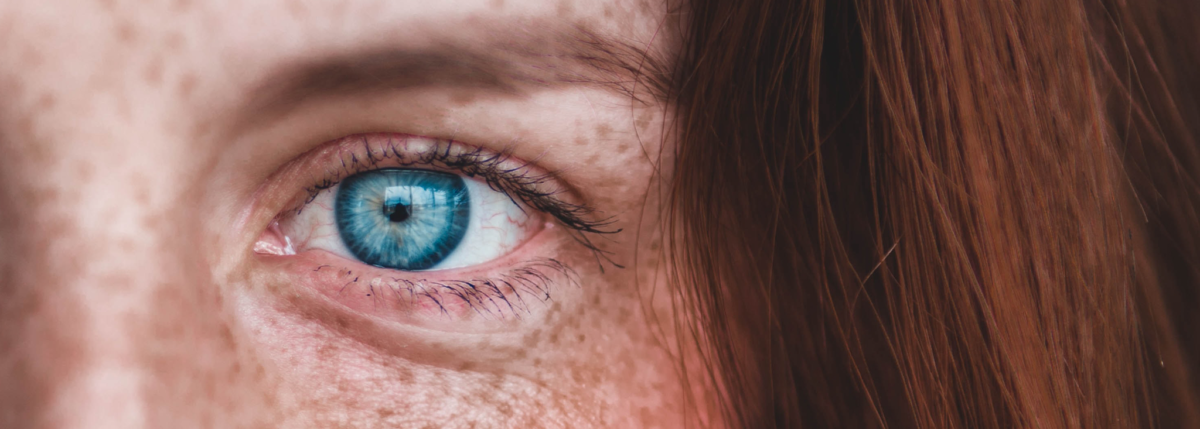FDA Approves New Treatment for Diabetic Retinopathy
On Tuesday, May 13, Regeneron Pharmaceuticals announced that the FDA has approved EYLEA (aflibercept) to treat all stages of diabetic retinopathy. “With today’s FDA approval, EYLEA has once again set a high bar for the treatment of diabetic eye diseases,” said George D. Yancopoulos, M.D., Ph.D., president and chief scientific officer at Regeneron.
Diabetic retinopathy is a progressive disease that occurs in people with diabetes, caused by changes in the blood vessels of the retina. The complications generally start as non-proliferative diabetic retinopathy, when prolonged high blood sugar causes loss of capillaries and thus reduced oxygen. This triggers a repair response that stimulates new blood vessel growth in an attempt to bring more oxygen to the choking retina. Proliferative diabetic retinopathy arises from the lack of oxygen, when new retinal blood vessels form in a disorganized way, frantically trying to make up for the lost oxygen. This chaotic proliferation could eventually pull the retina off of the back of the eye, causing complete blindness.
EYLEA works by inhibiting the vascular endothelial growth factor (VEGF) and joins other anti-VEGF injections like Avastin (bevacizumab) and Lucentis (ranibizumab) as approved treatments for diabetic retinopathy. Notably ELYEA is the only anti-VEGF approved for two different dosing options to treat diabetic retinopathy, every four weeks or every eight weeks.
It is estimated that eight million people in the U.S. have diabetic retinopathy, and the disease is the leading cause of blindness among working-age American adults. The approval was based on the results of the PANORAMA trial, a one-year phase 3 trial involving 402 patients at varying stages of diabetic retinopathy. The results were impressive—80 percent of patients receiving EYLEA every eight weeks showed significant signs of improvement, compared to just 15 percent in the control group.
“Millions of people have been robbed of their vision due to the progression of diabetic retinopathy,” said David Brown, M.D., F.A.C.S., an investigator for the PANORAMA trial and director of Research at Retina Consultants of Houston. “The prevention of worsening diabetic retinopathy with EYLEA provides a compelling rationale for early treatment of patients with this disease, particularly since eyes dosed with EYLEA as infrequently as every 16 weeks showed significant improvements in the pivotal PANORAMA trial.”
It is recommended that people living with diabetes have annual eye exams to check for signs of diabetic retinopathy, as early intervention and treatment are key in reducing the risk of blindness.
To learn more about all the great type 1 diabetic (T1D) research being funded by JDRF, visit their research and impact page here.





